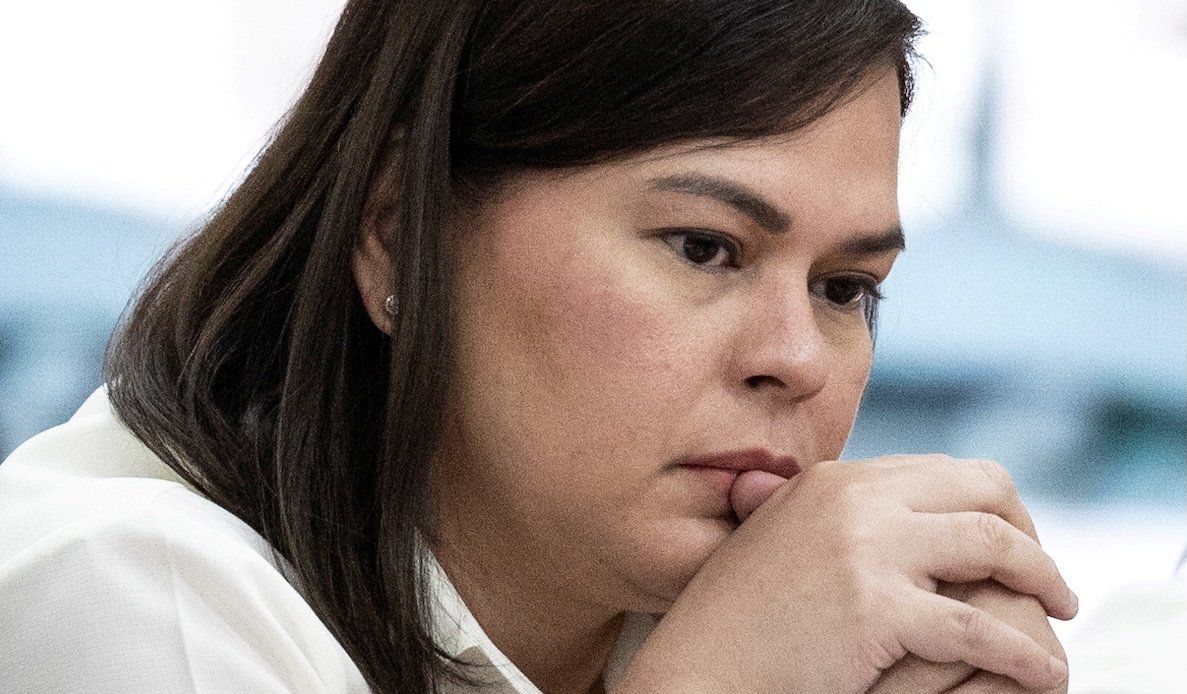The charges aren’t yet public but Duterte has previously been accused of misappropriating public funds and threatening to kill the president, Ferdinand “Bongbong” Marcos Jr.
She denies the allegations and says they are politically motivated. The legislature is controlled by a Marcos ally who is positioning himself to run for president after Marcos’ term ends in 2028.
The background: It’s a clash between the country’s two most powerful political families. Duterte’s father is former President Rodrigo Duterte, a rough-spoken China-friendly populist who held power from 2016 until 2022. Marcos Jr. is the son of late dictator Ferdinand Marcos, who was deposed in a 1986 popular revolution.
In the 2022 elections, the two scions joined forces. They won handily but soon fell out over key issues, especially foreign policy: Duterte wants to maintain her father’s pro-China reorientation. Marcos Jr., wary of Beijing’s designs on Philippine territorial waters, wants to roll those policies back and follow a more traditional pro-US line.
What’s next: The Senate will schedule an impeachment trial. If found guilty, Duterte would be barred from office, upending politics ahead of this spring’s midterm elections and the 2028 presidential vote in which she’s an early frontrunner.
Why it matters: Political upheaval now looms in a key regional player on the frontlines of the US-China rivalry.